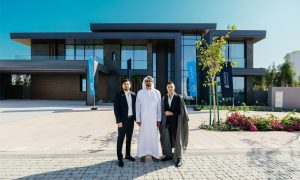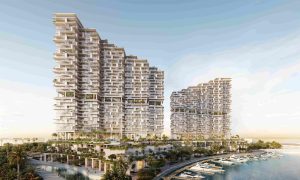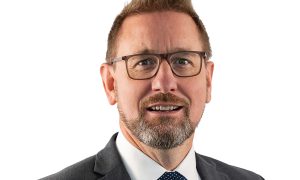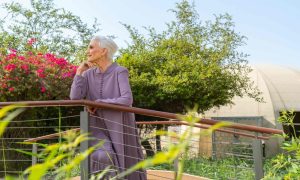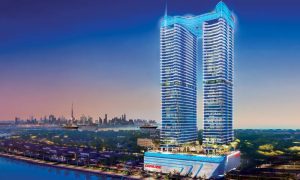WFES: Abu Dhabi’s Masdar to invest $300mn in Jordan solar project
Plant will be its second renewables venture in the kingdom

The Abu Dhabi-based Masdar is investing around $300 million in a solar power project in Jordan, and plans more investments across the MENA region, it was reported.
Masdar chief executive Ahmad Belhoul told Reuters the green energy firm aims to double its total generating capacity within the next five to 10 years.
A subsidiary of Abu Dhabi’s Mubadala, Masdar plans to build a 200 megawatt (MW) solar project in Jordan, its second renewable power project in the kingdom.
“We signed the agreement today and expect financial close in the fourth quarter of 2016,” Belhoul said, quoted by Reuters.
In September, Jordan began operations of a $287 million wind farm operated by the Jordan Wind Project Company (JWPC) – which Masdar holds a 31% stake in.
Masdar is also looking at opportunities across many countries in the MENA region, Belhoul said. “If the business case and regulations are strong, we will be there.”
Masdar’s current capacity stands at 1,000 MW with a further 500 MW under construction. Belhoul cited the falling costs of renewable energy production and the global push towards sustainability.
“Prices of solar photovoltaic are down by 60 to 70% in the last six years, prices of wind power projects have also dropped. And with changing government policies, the economic case for renewables is clear,” he said.
In his keynote speech at the ongoing World Future Energy Summit (WFES) 2016 in Abu Dhabi, the chief executive also called upon regional financial institutions to fund renewable energy projects, state news agency WAM reported.
“Globally, investment in renewable energy must double if expansion targets are to be met, to at least $500 billion per year. Regional financial institutions must act to ensure our industry secures the capital it needs to grow,” Belhoul said.
“Nowhere is the business potential for clean energy greater than here in the Middle East. Both policy makers and business leaders value the long-term price stability of an asset class that is removed from the fluctuations of global commodity markets.”
